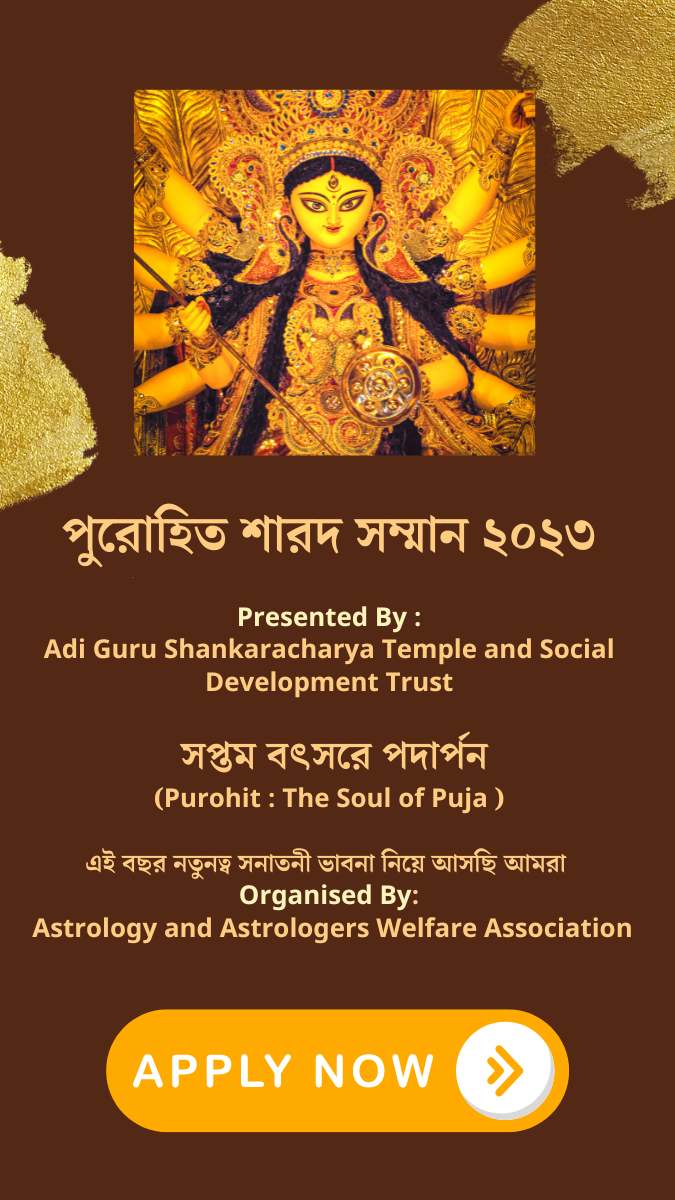Gripping a duplicate of Pavan Varma’s Adi Shankaracharya: Hinduism’s Greatest Thinker, a picture of the holy person situated in Padmasana embellished over the spread, draws a combination of beautiful responses. There are the individuals who shy away from the envisioned monotony of a book on theory, however those, maybe, are not out of the ordinary. The current atmosphere of political bitterness, notwithstanding, evokes two significant reactions. One gathering shivers at the simple notice of title: “I would not understand that.” Others, nonetheless, approach with audacious interest and excitement, rapidly jumping in line for an opportunity to peruse it as well. When Varma showed up in the city a weekend ago, he found, to his enjoyment, a bounty of the last mentioned, for he wound up marking books late into the night.
Today, Hinduism is broadly diminished to the forceful principles of the Hindutva, with self-selected defenders who at last trivialize the very religion they set out celebrate. “I am no endorser of the Dina Nath Batra way of thinking,” Varma announces. “Hinduism has developed through rationale and shastrar (dialogic commitment). Today, it is diminished to its most minimized shared variable, with custom outweighing philosophical idea.”
Adi Shankaracharya was conceived in Kerala, where he before long showed enormous achievement in grant. He could discuss, even as a kid, complex Sanskrit shlokas and vachanas outside the ability to understand of numerous a more seasoned, more experienced researcher. When he was an adolescent, he realized his calling lay in austerity and set out, having said farewell with crushing sadness to his distress stricken mother, looking for samadhi. This he found in Kedarnath, a path that Varma took as well, meeting en route, a mixture of researchers, admirers of reasoning and clerics who set up, verifiably and something else, the significance of Hinduism as a “building of thought,” a subject of interminable discussion. One benefits notice: Maroof Shah, a researcher of Kashmiri Shaivism, is a sincere Muslim “who happened to keep the Ramzan quick’ when they met.
A convincing read, the book is overflowing with fascinating unexpected developments, that at long last, mirror Hinduism’s beginnings as philosophical discussion: In one story, Ubhaya Bharati, the spouse of Mandana Mishra, one of the master’s most noteworthy pupils, demands Shankara to address inquiries on arousing quality and suggestion. She, as a wedded lady, knew about the subject yet Shankara, a sanyasin, knew nothing by any means. The fantastical describing of the story has Shankara leave his body and enter that of a dead lord in the Gupteshwar cavern on the banks of the Narmada. There, in the organization of the dead lord’s spouses, he got gifted in the methods of the kama shastra, and, Varma states, “Started to so much make the most of his new interruptions… that he overlooked he needed to inside a month, reassume his own body.” The discussion, he continues to clarify, “was to declare the power of thoroughly considered custom, when unequivocally the inverse appeared to have become the acknowledged lifestyle for Hindus.”
The Hinduism Varma endeavors to dissuade is one he calls “a structure of thought unparalleled in its significance, looking to give a definitive responses to a definitive inquiry.” Pavan Varma’s investigation of the amazing existence of Adi Shankaracharya, ostensibly probably the best scholar, driven him to a bedrock of a way of thinking that starts and finishes with rationale, a consistent mix of the transient and the supreme, the widely inclusive ‘non-duality’ in which both the commonsense and the supernatural have their legitimate spot.

